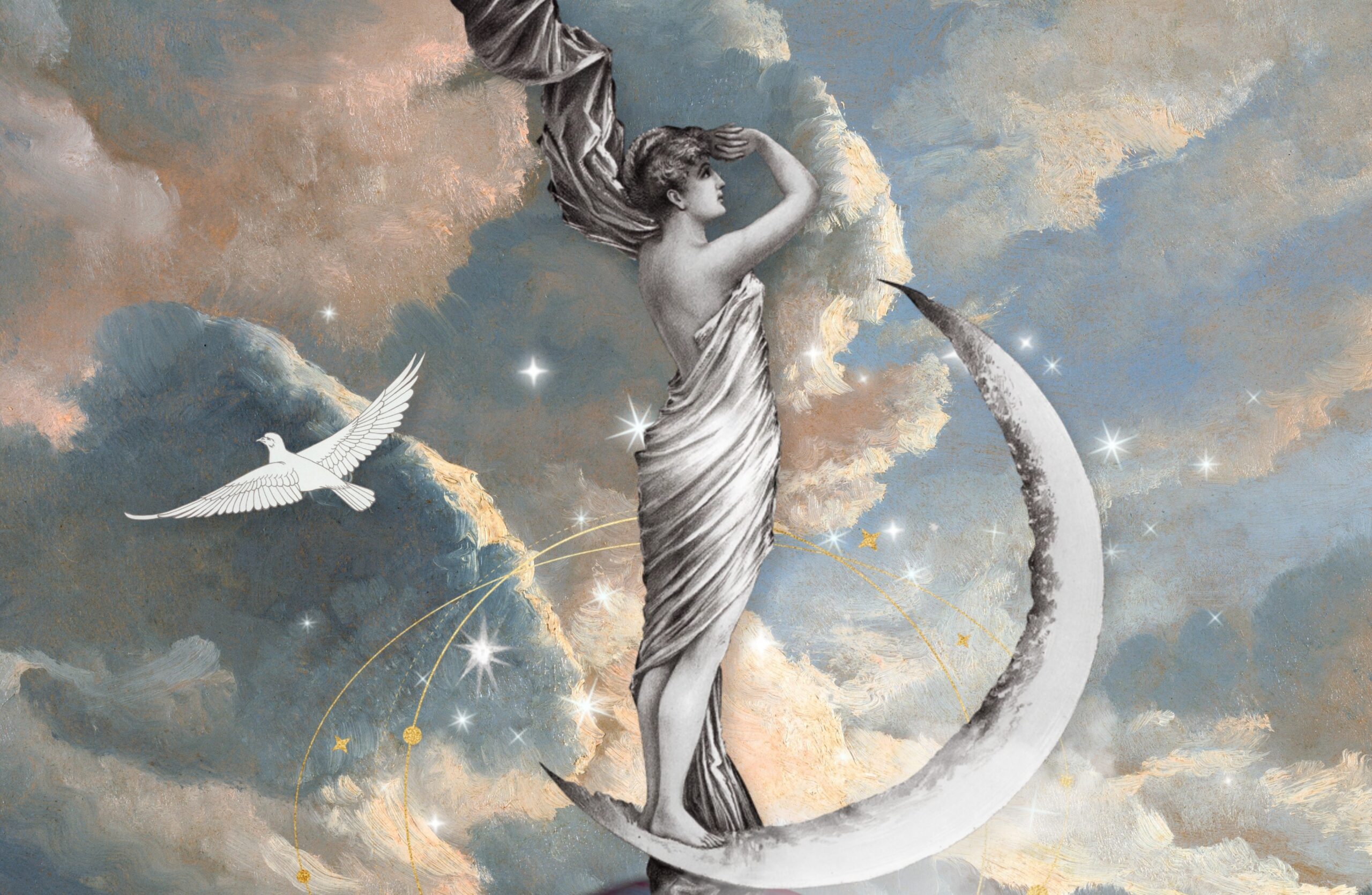So all things reasonable, scientific, and logical can be found on one side of the spectrum – and then, floating around on the other side in the whimsical abyss, lies faith – a nuanced religious term with seemingly no tangible expression…Or maybe not?
Like many other atheists, I grew up believing that faith was nothing more than an irrational belief in a mythical being who granted people’s wishes whenever he so pleased – a harsh stance I know. But all was not lost because later in life, when everything had gone to shit, I had a feeling (for lack of a better word) that my assumptions of faith may not be that accurate after all. So I decided to download a bible app (as one does in desperate times), read the definition for myself, and confirm my assumptions:
Hebrews 11:1, "Faith is the assurance of things hoped for, the conviction of things not seen".
seeing life through faith
I often think about what it means “to have faith in God” and how the world is divided into those who do and those who don’t. Those who do have faith hold a deep-seated certainty that what is hoped for will in fact come to fruition (one way or another). This deep-seated certainty comes from their total conviction that God exists and is omnipresent – meaning always present, everywhere. Therefore, to have faith in God means to view your world as a reflection or proof of his existence. However, according to scripture, one cannot expect to simply sit back and reap the rewards of believing, as the fruits that come from having faith can only be experienced by those who live according to His will.
James 2:17, "In the same way, faith by itself, if it is not accompanied by action, is dead."
Those who don’t have faith may argue that their world is evidence that God does not exist, as they feel nothing but lack when looking for proof of His works. Or perhaps that everything is purely a result of human actions and chance. Rightly or wrongly, when I think about these polarising viewpoints, the following idiom comes to mind – you know the one where two people look at the same glass and one is convinced it is half full and the other concludes it is half empty. As with everything, one’s perspective can be changed or distorted depending on a person’s mindset, upbringing, and experiences.
Where does faith come from?
When one sees themself as the sole controller of their life and lives according to their own rules, two things can happen. 1) They develop a temporary God-complex. 2) They become depressed. Both of which result in a journey of self-development, a search for meaning, where they ask the fundamental questions: Who am I? Where do I come from? Where am I going? Every person has had these questions before, and when left unanswered, probably concluded that there has to be more to life than human-made rules, judgments, and mistakes; there has to be something more significant than me. We naturally start wondering who or what that something may be and feel an internal longing to get closer to it. That longing is the seed of faith, planted by God himself, and it gives us the ability to trust in an unseen force much greater than anything imaginable; a manifested inner knowing that what we want in life cannot be acquired by our actions alone.
Read another post: comfort; a paradox, the young woman’s desire, god, please heal me

Leave a Reply